Characteristics and features of the choice of engines for the cultivator
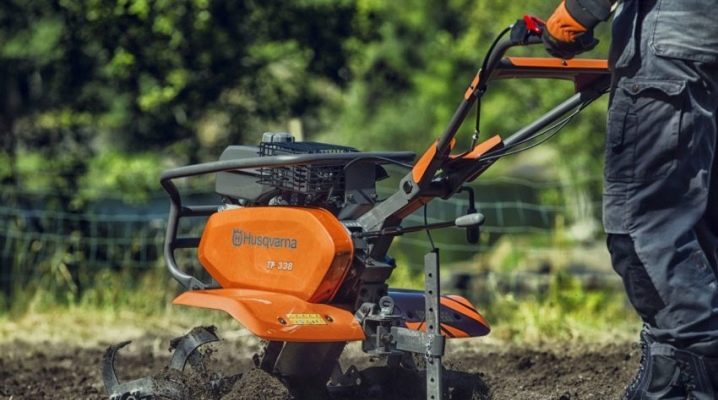
The cultivator is a very valuable technique in personal farming. But without a motor, it is of no use. It is also of great importance which particular motor is installed, what are its practical properties.
Peculiarities
To choose the right motors for cultivators, you need to clearly understand what is the specificity of the cultivating machines themselves. They prepare and cultivate the soil with a rotating cutter.
The properties of the power plant are determined by:
- how deep the land can be plowed;
- what is the width of the processed strips;
- Is the loosening of the site complete.

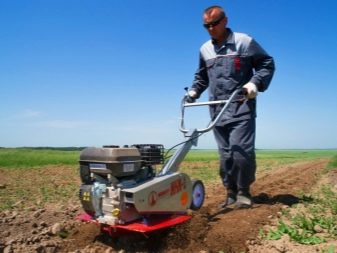
Types of motor systems
On motor-cultivators, the following can be used:
- two-stroke gasoline engines;
- battery power plants;
- drives with a four-stroke gasoline engine;
- network electric motors.
Usually the electric motor is used on the lightest devices. The ultralight and lightweight cultivator types can also be powered by a two-stroke gasoline engine. Their feature is the execution of a working cycle for 1 revolution of the crankshaft. ICE with two working strokes is lighter, simpler in execution and cheaper than four-stroke counterparts.
However, they consume more fuel, and the reliability is much worse.
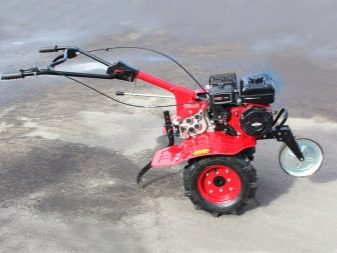
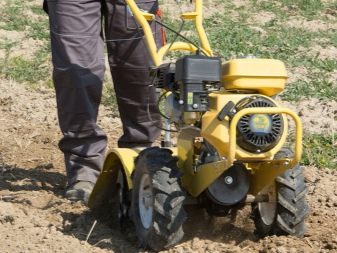
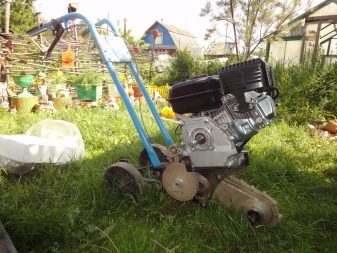
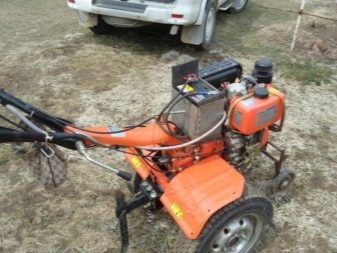
Should you use Chinese engines?
Based on the experience of most farmers, this decision is quite justified.
Products from Asia are different:
- low noise;
- affordable price;
- small size;
- long-term operation.
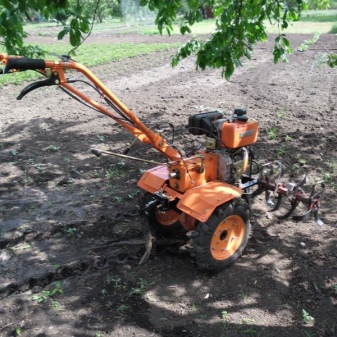
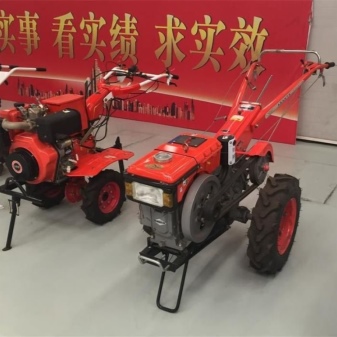
The classic version of Chinese technology is a four-stroke internal combustion engine with a single cylinder. The walls are cooled by natural air circulation.
A typical engine design (not only Chinese) contains:
- starter (trigger), unwinding the crankshaft to the desired speed;
- fuel supply unit (from the fuel tank to the carburetor and air filters);
- ignition (a set of parts that generate sparks);
- lubrication circuit;
- cooling elements;
- gas distribution system.
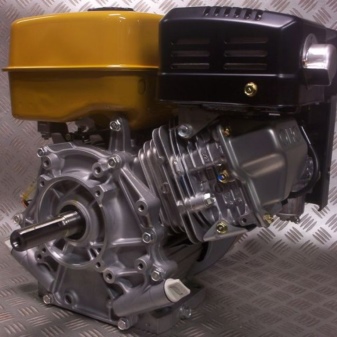
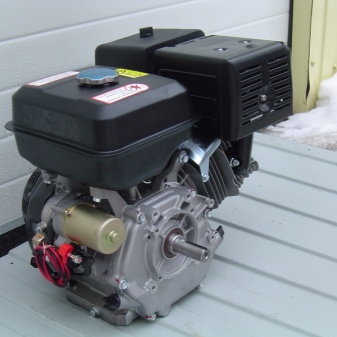
It should be noted that there are noticeable differences between specific versions of Chinese engines. They are most often installed on budget cultivators. Popularity has earned the model Lifan 160F... In essence, this is an adaptation of the engine of the Honda GX model.
Although the device is inexpensive, consumes little fuel, it is poorly limited in power - 4 liters. with., so it is not enough for all works.
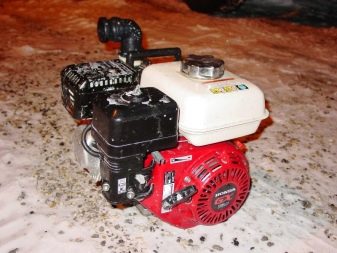
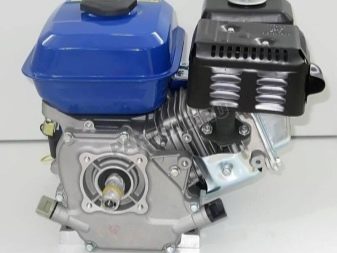
The ignition in this single-cylinder engine is produced by an electronic system. It is cooled by the air distilled by the impeller. The launch is done only manually. Judging by the reviews, it is not difficult to start the engine into operation. It is equipped with a lubricating oil level indicator, which is extremely useful for daily maintenance.
A better solution in many cases is the 168F engine.... It is also run exclusively in manual mode. In addition to the oil indicator, a light winding of the generator is provided. The total power reaches 5.5 liters. with. Lifan 182F-R is a high-quality diesel engine with a total capacity of 4 liters. with. The increased price in comparison with gasoline counterparts is due to a more significant resource.
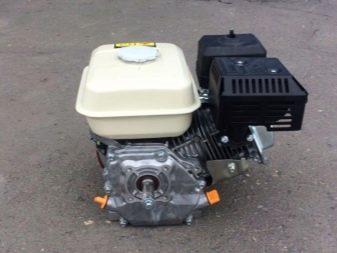
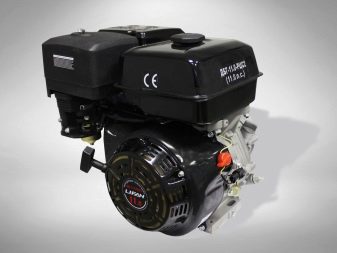
American variants
For cultivators and walk-behind tractors, a gasoline engine of the model is equally suitable Union UT 170F... The four-stroke engine is equipped with a single cylinder that is cooled by an air jet.The delivery does not include the required pulley. The total power is 7 liters. with.
Other characteristics are as follows:
- the total volume of the working chamber of the motor is 212 cm³;
- manual launch only;
- the capacity of the gasoline tank is 3.6 liters.
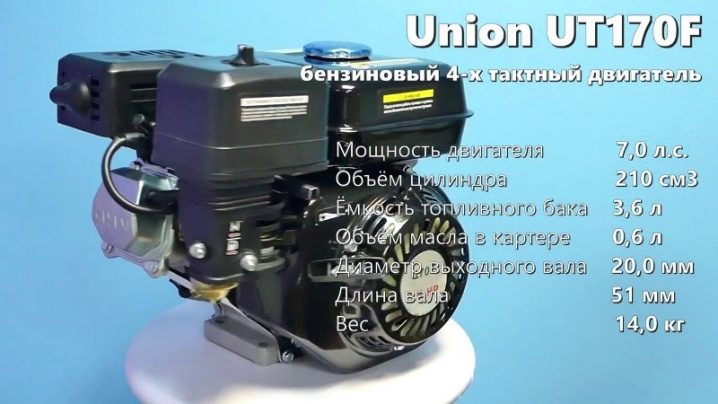
The instruction manual for Tecumseh motors indicates that they are compatible only with SAE 30 oils. At negative air temperatures, 5W30, 10W oils should be used. If severe cold comes, the temperature drops below -18 degrees, SAE 0W30 grease is needed... The use of multigrade greases at positive air temperatures is unacceptable. This leads to overheating, oil starvation and engine damage.
For the Tecumseh engine, only Ai92 and Ai95 gasoline is suitable.... Leaded fuels are not suitable. The use of gasoline that has been stored for a long time is not recommended.
Experts recommend leaving the top 2 cm of the tank free of fuel. This will help avoid thermal expansion spills.
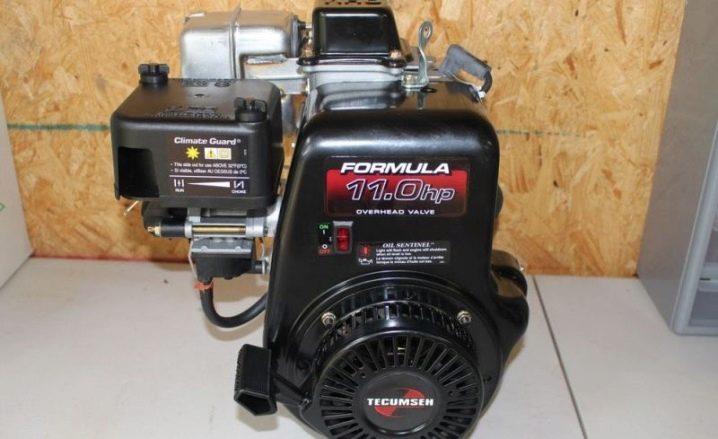
Nuances of use
Regardless of which motors are installed on cultivators in the factory, it is often necessary to increase the speed. This is often done by increasing the spring preload so that it overcomes the force of the device closing the damper.
If the engine is structurally capable of changing the speed, the tensile force of the working spring is adjusted using the throttle cable.
When operating a cultivator with any motor, run-in should be carried out in accordance with all the rules prescribed by the manufacturer.
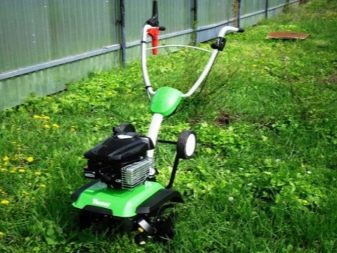
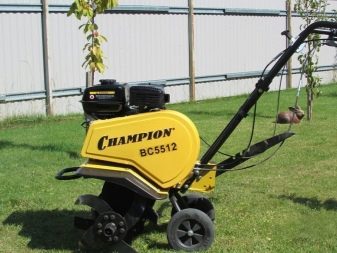
Never use fuels worse than the recommended grades of fuel. Ideally, they should be limited to them. Do not use any engine with fuel caps removed or fallen off.
Also unacceptable:
- filling with new fuel before the engine stops;
- use of non-certified lubricating oils;
- installation of unofficial spare parts;
- making changes to the design without agreement with suppliers and manufacturers;
- smoking while refueling and other work;
- draining fuel in an abnormal manner.
You will learn how to choose a cultivator in the next video.



































































The comment was sent successfully.